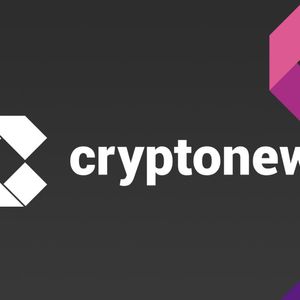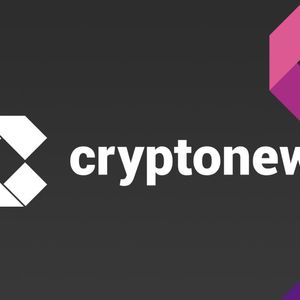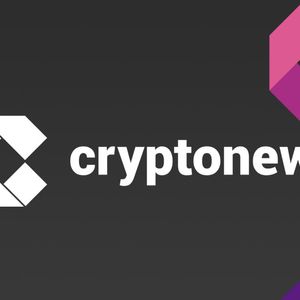European Securities and Markets Authority (ESMA) executive, Natasha Cazenave, has raised an issue regarding how tokenized stocks are being presented to investors, warning that it could lead to misunderstandings. The European Securities and Markets Authority continues to maintain that while financial innovation can offer benefits, it must not come at the expense of market stability. ESMA executive warns that tokenized stocks could mislead investors According to the European Union’s securities watchdog, tokenized stocks could lead to “investor misunderstanding,” as they often do not make buyers genuine shareholders in the companies they track. These tokenized stocks are digital assets that mirror the price of publicly listed shares, and they have been gaining attention in the European Union following recent launches by trading platforms. Robinhood , the broker, has introduced tokenized stock offerings in the EU, while the cryptocurrency exchange, Coinbase, is also dipping its toes in the sector. ESMA’s executive director, Natasha Cazenave, raised the issue on Monday about how these offerings are being presented to retail investors. She stressed the importance of transparency and safeguards as the adoption of tokenized stocks spreads at a financial conference in Dubrovnik. “These tokenized instruments can provide always-on access and fractionalisation but typically do not confer shareholder rights. This can create a specific risk of investor misunderstanding,” Cazenave said . She went on to urge for clarity and safeguards. The lack of shareholder rights is a red flag The problem is that, unlike conventional share purchases, tokenized stocks usually do not grant holders ownership rights such as voting privileges or dividend entitlements. In many cases, the securities are held by middlemen through special-purpose vehicles, while the tokens just track the price movements of the actual stock. The convenience of fractionalized, 24/7 trading may make tokenized stock offerings seem appealing to smaller investors, but without proper clarity on how these offerings work, many could mistakenly assume they are acquiring actual shares in the underlying company. The World Federation of Exchanges (WFE) also addressed the issue last week, urging regulators to crack down on tokenized stocks. They warned that tokenized stocks pose new dangers to investors and could affect market integrity if left unchecked. Supporters of tokenization continue to argue, however, that by converting traditional assets such as bank deposits, bonds, funds, and even real estate into tradeable digital tokens, tokenization can expand access, lower costs, and improve efficiency. Cazenave acknowledged that tokenization carries the possibility of efficiency gains in capital markets. However, she cautioned that the reality of current projects does not reflect these possibilities. “Most tokenization initiatives remain small and largely illiquid so far,” she said. Get up to $30,050 in trading rewards when you join Bybit today
















